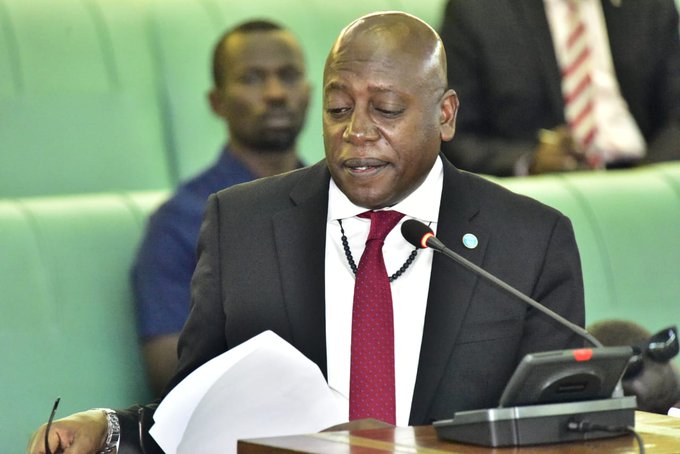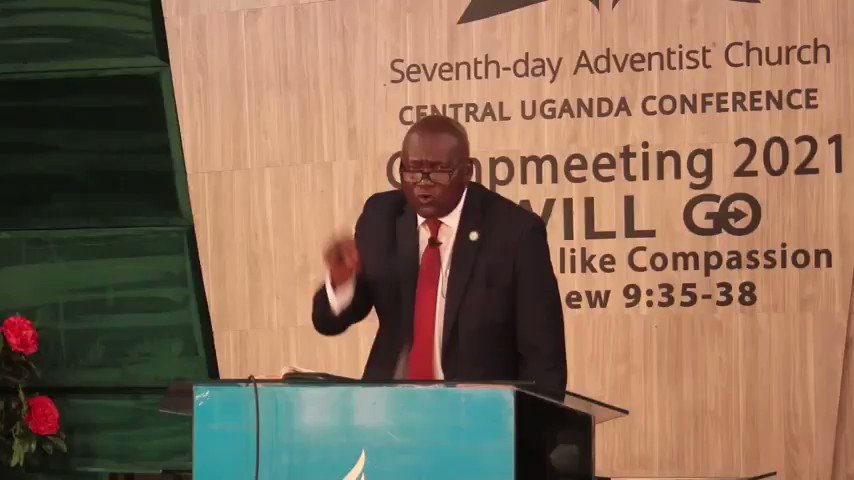Hon. Joseph Ssewungu, Member of Parliament for Kalungu West and Shadow Minister of Education, Teacher, Lawyer, Proud Catholic, Father, and Husband, has brought attention to the plight of Ugandan Banyarwanda, who have reportedly faced discrimination and rights violations.
In a petition presented by Ssewungu on behalf of the council for ‘Abavandimwe’ (Ugandan Banyarwanda), it was highlighted that members of this community have been denied passports and national identity cards. Additionally, their previous passports have been confiscated, leading to significant distress and psychological trauma.
The Ugandan Banyarwanda community emerged as an indigenous tribe following the annexation of Rwanda’s border territories, affecting regions such as Kisoro, Kigezi, and Ndorwa. Despite their historical presence and contributions to Ugandan society, they have encountered barriers to obtaining essential documents and recognition of their citizenship.
Ssewungu emphasized that the discrimination faced by Ugandan Banyarwanda extends to employment opportunities both within Uganda and abroad. The denial of passports and national identity cards has hindered their ability to engage in various aspects of civic life and pursue economic opportunities.
According to Ssewungu, the root of this discrimination lies within the Ministry of Internal Affairs, which oversees the issuance of passports and national identity cards. He clarified that the bias against Ugandan Banyarwanda is institutional rather than stemming from public sentiment.
The impact of these discriminatory practices goes beyond bureaucratic hurdles; it directly affects the livelihoods and well-being of Ugandan Banyarwanda individuals and families. By raising awareness and advocating for their rights, Ssewungu stated that he aims to address these injustices and promote equal treatment and opportunities for all Ugandan citizens.




















